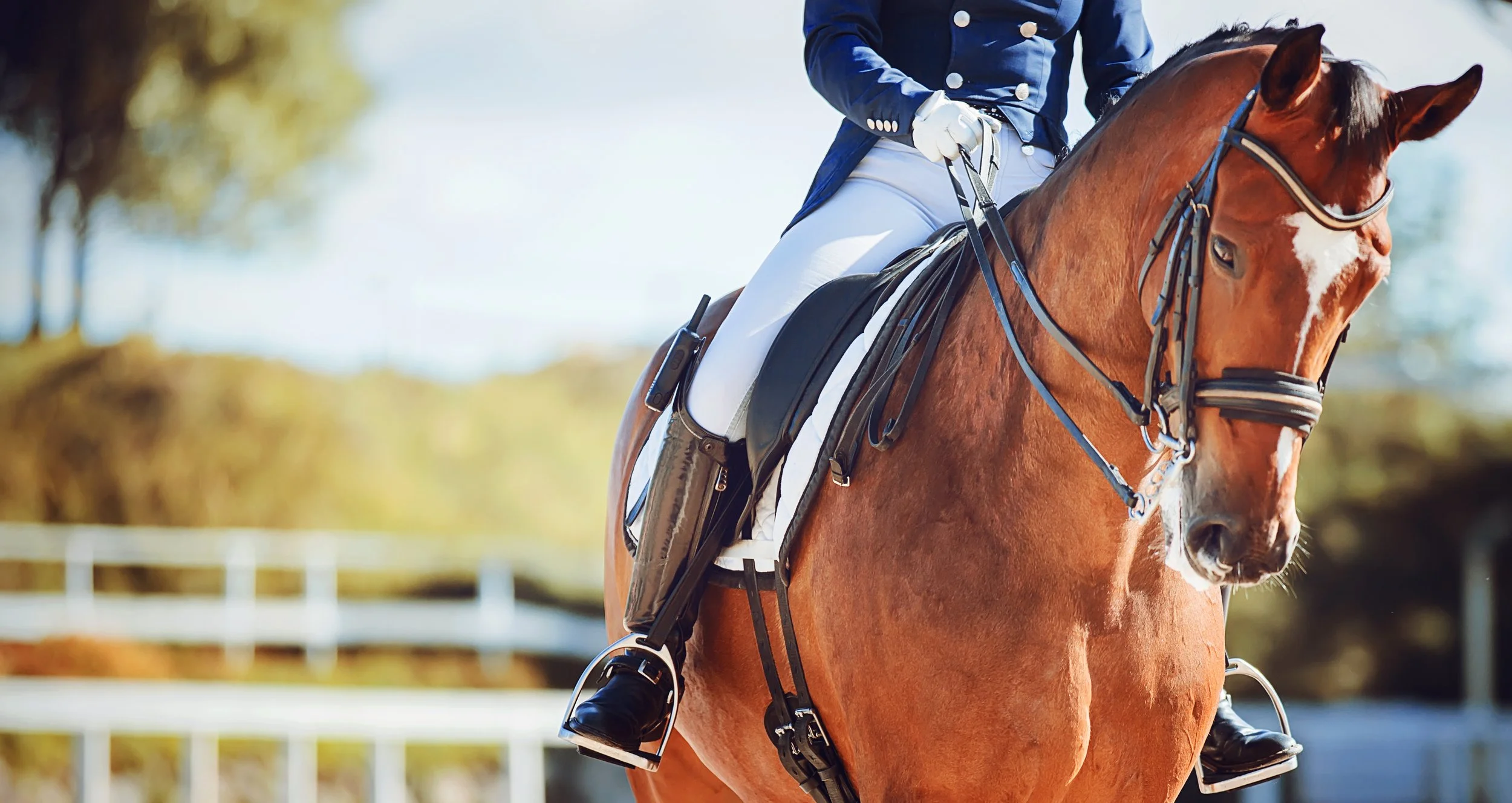Meet Your Coach
Ashley Pease, M.S. is a sport psychology consultant based in New England, dedicated to helping athletes unlock their full potential. She has worked with athletes across a wide range of sports and competitive levels, from young amateurs to collegiate teams and elite performers. Ashley is experienced in working with individual athletes, small teams, and large teams, tailoring her approach to the unique characteristics of each sport and the specific needs of the athletes involved.
With a strong foundation in both research and applied practice, Ashley specializes in performance anxiety and self-confidence, key psychological factors that influence athletic success. Her expertise extends to areas such as perception, self-concept, self-efficacy, and the mind-body connection, equipping athletes with the mental skills needed to thrive.
Ashley’s passion for sport psychology stems from a lifelong love of sports. While she competed in traditional sports like track and field and volleyball, her experience as a lifelong equestrian gave her a unique perspective on the mental demands of competition. This realization sparked her curiosity about the psychological side of performance. Initially pursuing a career in physical education, she discovered the field of sport psychology through an influential professor in undergrad—an introduction that led her to first pursue a master’s degree and then a Ph.D. in the field, ultimately finding her true calling. Now, she thrives on blending the science of psychology with the dynamic nature of sports, knowing that every athlete brings a unique challenge and no two days are the same.
In addition to her work as a sport psychology consultant, Ashley is an Associate Professor of Psychology at Springfield Technical Community College, where she has been a faculty member since 2018. She currently serves as the Coordinator of Behavioral Sciences, overseeing the school’s Applied Psychology Program, Human Services/Social Work Program, and Alcohol & Drug Counseling Certificate. She teaches a wide variety of courses, including general psychology, abnormal psychology, cognitive psychology, physiological psychology, theories of personality, and research methods.
Ashley earned her Bachelor’s degree in Physical Education from Central Connecticut State University before pursuing a Master’s degree in Sport and Exercise Psychology from Springfield College. She is currently a Ph.D. candidate in Sport and Exercise Psychology at Springfield College, with expected completion in 2025.
Ashley’s Coaching Philosophy
Ashley’s coaching approach is highly individualized, grounded in cognitive-behavioral techniques and psychoanalysis. She utilizes a process-focused and psycho-educational model, helping athletes build self-awareness, develop mental skills, and refine their mindset over time.
Believing that no two athletes are alike, Ashley tailors her coaching to meet the specific needs, goals, and challenges of each individual. She recognizes that an equestrian athlete faces different psychological demands than a golfer, just as a team sport athlete navigates unique interpersonal dynamics that an individual competitor may not. By understanding these nuances, she ensures that every athlete—whether competing solo, as part of a small team, or within a larger team environment—receives strategies that are relevant and applicable to their specific sport and role.
Ashley approaches her work with a balance of realism and support. She believes in fostering a strong, trusting relationship with her athletes, creating an environment where they feel heard and understood. While she provides unwavering encouragement, she also challenges her athletes to confront obstacles head-on, helping them build resilience, confidence, and a mindset geared toward growth. Whether working on overcoming performance anxiety, strengthening self-belief, or refining focus under pressure, Ashley’s goal is to equip her athletes with the psychological tools they need to thrive—not just in competition, but in all aspects of their lives.
She also emphasizes the importance of long-term development over quick fixes. Rather than applying generic, one-size-fits-all solutions, she works collaboratively with athletes to develop personalized mental skills that evolve with their training and competition experience. Her process-focused approach ensures that athletes not only see improvements in their immediate performance but also gain lifelong skills that enhance their overall mental toughness, adaptability, and competitive mindset.
“Excellence is not a singular act, but a habit. You are what you repeatedly do.”

